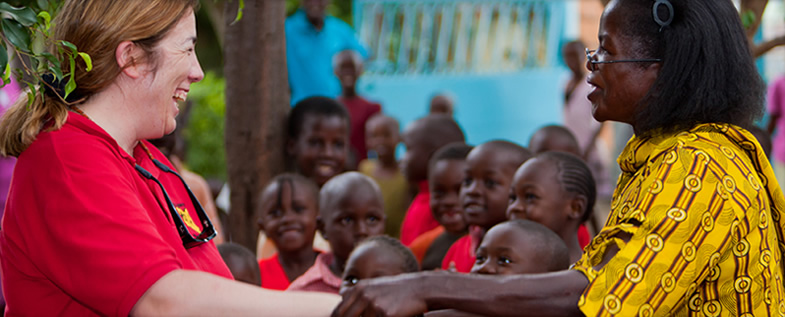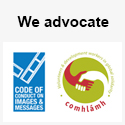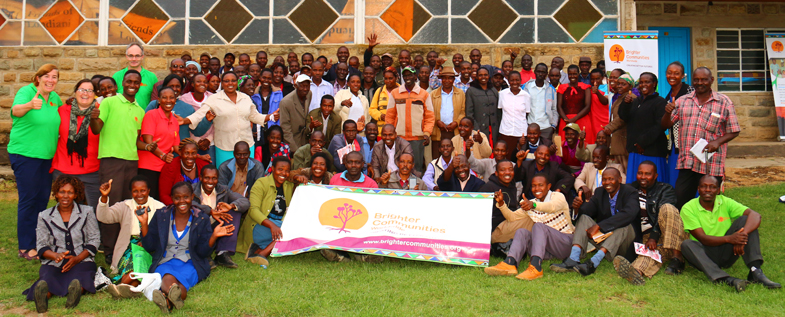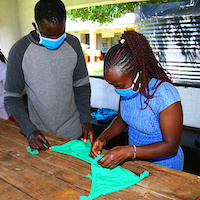Partnership Policy
Brighter Communities Worldwide’s Partnership Framework has a number of core principles on which it bases its partnerships:
- A shared vision of development – Brighter Communities Worldwide and its partners believe that all citizens should have equal access to resources, services and power, with particular priority being given to the needs of the poorest, most marginalised and most vulnerable people.
- Participation – Brighter Communities Worldwide’s partnerships are based on the participatory approach to development and are based on self-identified needs.
- An agreed overall strategy – partners agree this for the particular intervention that is being implemented.
- Mutual accountability and trust – Brighter Communities Worldwide is accountable to its partners and in turn they are accountable to Brighter Communities Worldwide. There is full transparency in reporting and accountability to the donors and to the beneficiaries as the primary focus of the partnership. Accountability processes and tools are agreed in the beginning of a partnership and included in the Partnership Agreements. Honesty is required of all partners and of Brighter Communities Worldwide.
- A mutual commitment to long-term change – Brighter Communities Worldwide and its partners recognise that development is a long-term process, and significant positive change in terms of development outcomes for all involved can take years to achieve.
- Realistic expectations – Brighter Communities Worldwide’s expectations of a partnership are realistic and set at a level that reflects the current capacity of Brighter Communities Worldwide and the partner.
- Clear roles and responsibilities – Brighter Communities Worldwide’s Partnership Agreements have clearly set out roles and responsibilities which are agreed by all partners. Brighter Communities Worldwide Partnership Agreements can include Memorandum of Understanding (MOUs) and Contract Agreements.
- Flexible and adaptable to change – Brighter Communities Worldwide recognises that the context in which it and its partner works can change significantly and often quite suddenly due to unforeseen circumstances. Allowances are made in Brighter Communities Worldwide’s Partnership Agreements to take such changes into account.
- Organisational & Cultural Differences – Brighter Communities Worldwide acknowledges that partners can have different ways of work or organisation, but have sufficient common ground in terms of vision, values and strategy to allow them to work together with respect to the cultures involved.
- Delivering positive change – Brighter Communities Worldwide believes that the ultimate aim of a partnership is to deliver real and lasting benefits with the intended beneficiaries of the work undertaken by the partnership.
- Equality and shared responsibilities – all of Brighter Communities Worldwide’s partnerships are built on a shared contribution to bringing about change, and ensure the sustainability of the outcomes. Partner contributions may be in the form of labour, goods in kind, financial resources or expertise with mutual accountabilities. Regardless of the value of the contributions, all partners are treated equally.
- Learning – Brighter Communities Worldwide believes that we can all learn from working in partnership with each other. This learning can in turn be used to improve global understanding and build friendships and relationships between countries and people.
- Process and products – in some partnerships, the focus is on the process of learning, sharing and building relationships rather than concrete outputs. Brighter Communities Worldwide values the processes involved as much as physical products.





